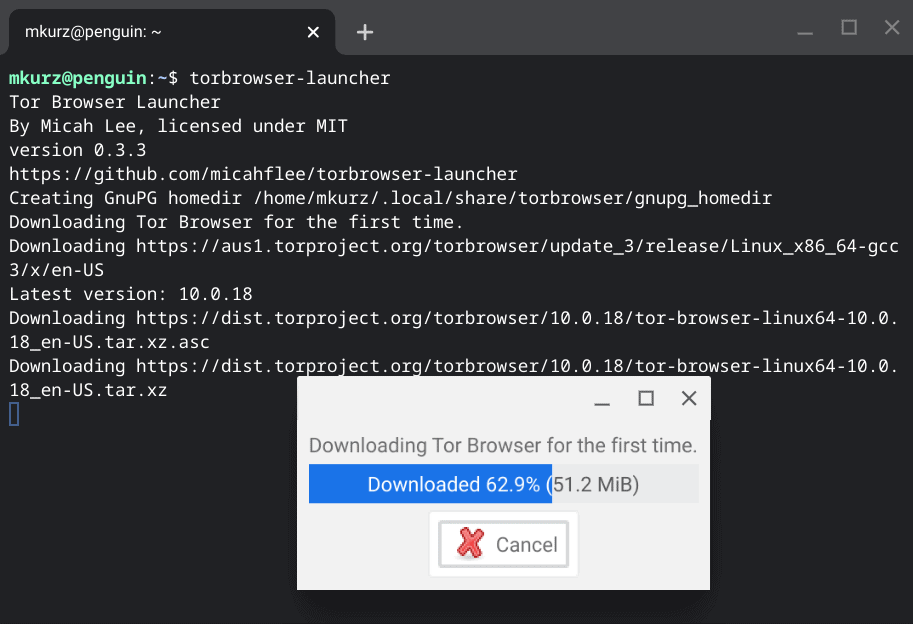


The Tor Project discourages the use of both technologies together: Tor is run by volunteers who can't see what is passing through their servers.VPN service providers are usually run by businesses answerable to local laws.Tor aims to provide a connection that is resistant to advanced attacks.Your VPN provider aims to provide a connection that is fast and stable.Tor assumes you do not trust the operators of the Tor network.A VPN assumes you trust your VPN provider.There are many VPN services to pick from, there is only one Tor network.Here are some important differences between the two technologies: Your traffic joins the Internet from the VPN provider and uses your VPN provider's IP address, so it appears to originate there. The encrypted tunnel prevents your ISP, rogue WiFi access points, or any other interlopers, from spying on your traffic before it reaches your VPN provider. To understand the difference between Tor and a VPN, you must answer questions like, what is a VPN? A VPN routes traffic from your device to a VPN provider, through an encrypted tunnel. What is the difference between Tor and a VPN? However, Tor use may raise some eyebrows because it’s one of the most popular ways to access the Dark Web. No one in America has been charged by law enforcement purely for using the network. Tor is not illegal in most countries, including the United States. There is no learning curve the Tor browser is based on Firefox and is as easy to use as any browser.

Tor browser chromebook install#
All you have to do is download and install the latest version from the official website and use it like a regular web browser. The most uncomplicated way to use the Tor network is through the Tor Browser.
Tor browser chromebook software#
It is based on free and open-source software and uses computers run by volunteers. The Tor (The Onion Router) network protects users from tracking, surveillance, and censorship. But while both tools can enhance your online anonymity, they're as different as apples and orang. Because of that, tools like Tor and Virtual Private Networks (VPNs) are growing in popularity. Our data is a precious commodity and there are plenty of people who would like to get their hands on it, from spouses and marketing teams to crooks and state-sponsored spies.


 0 kommentar(er)
0 kommentar(er)
